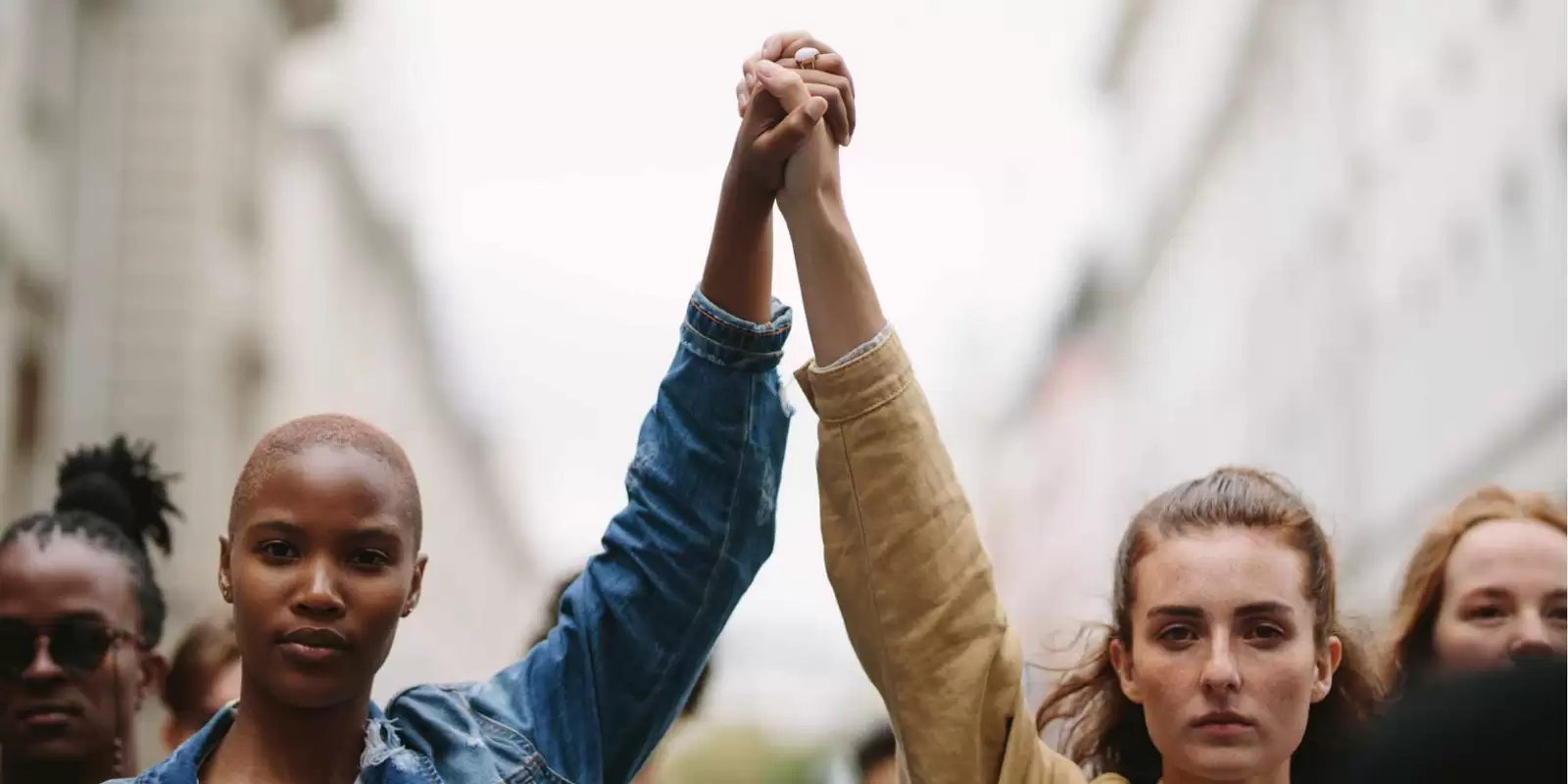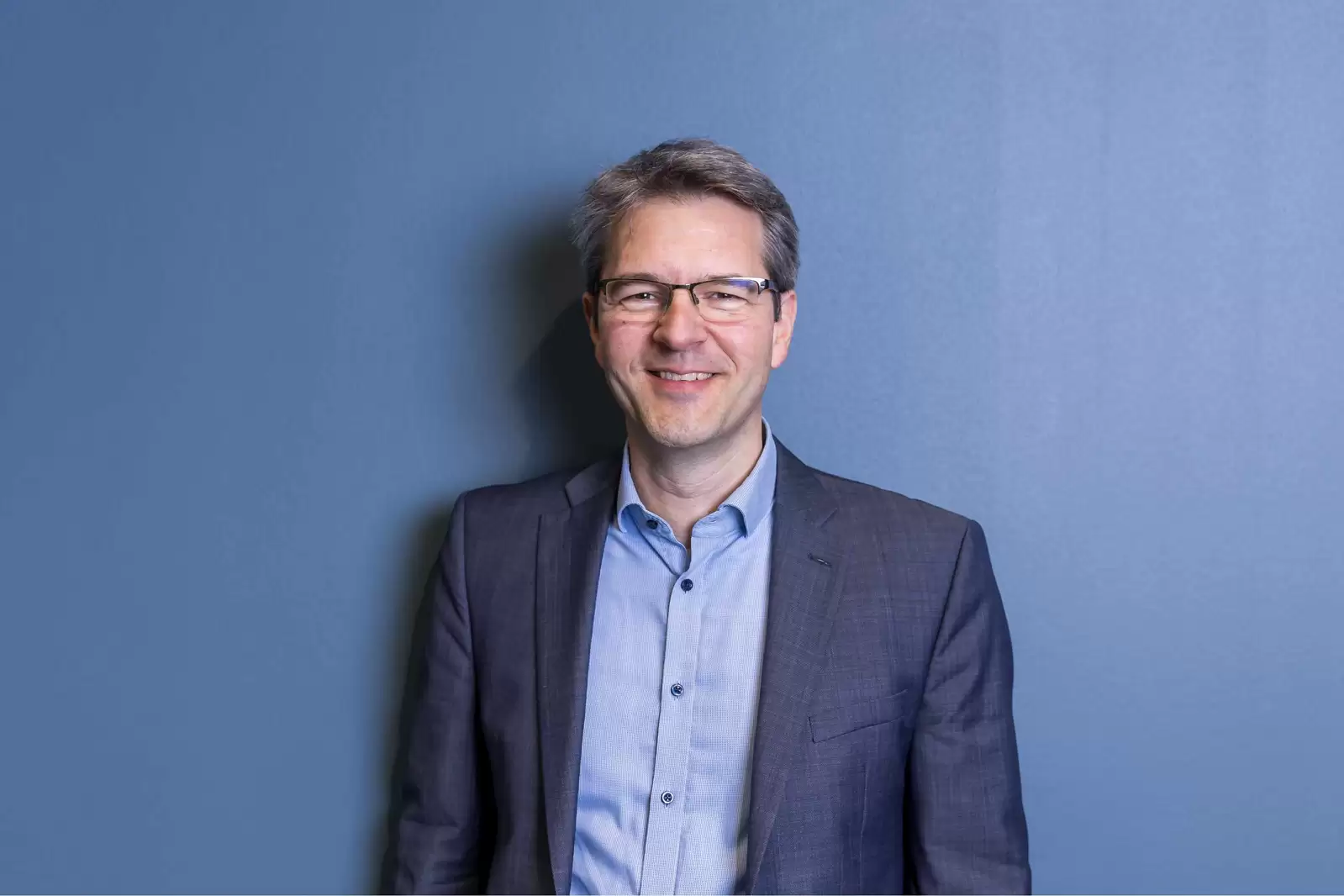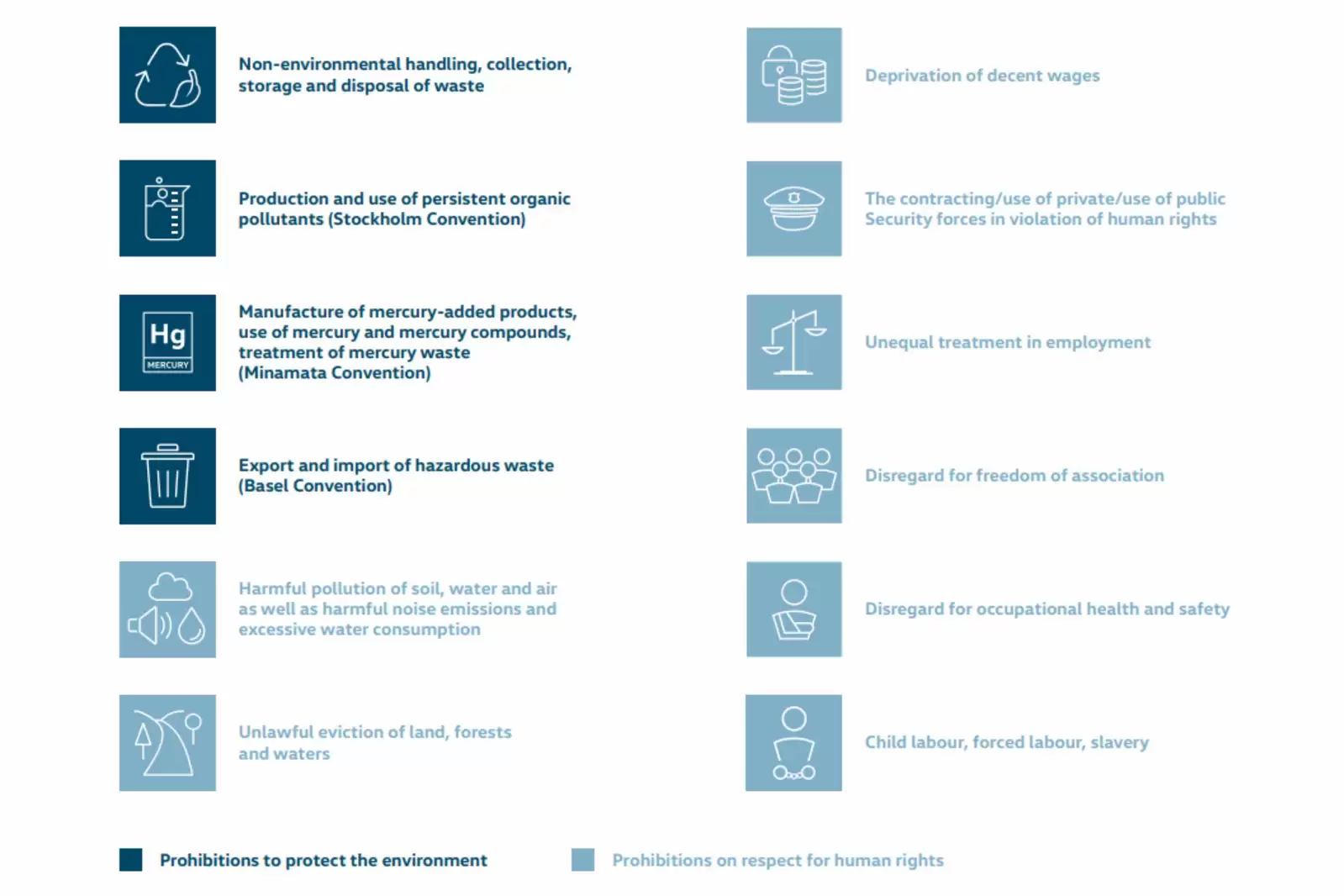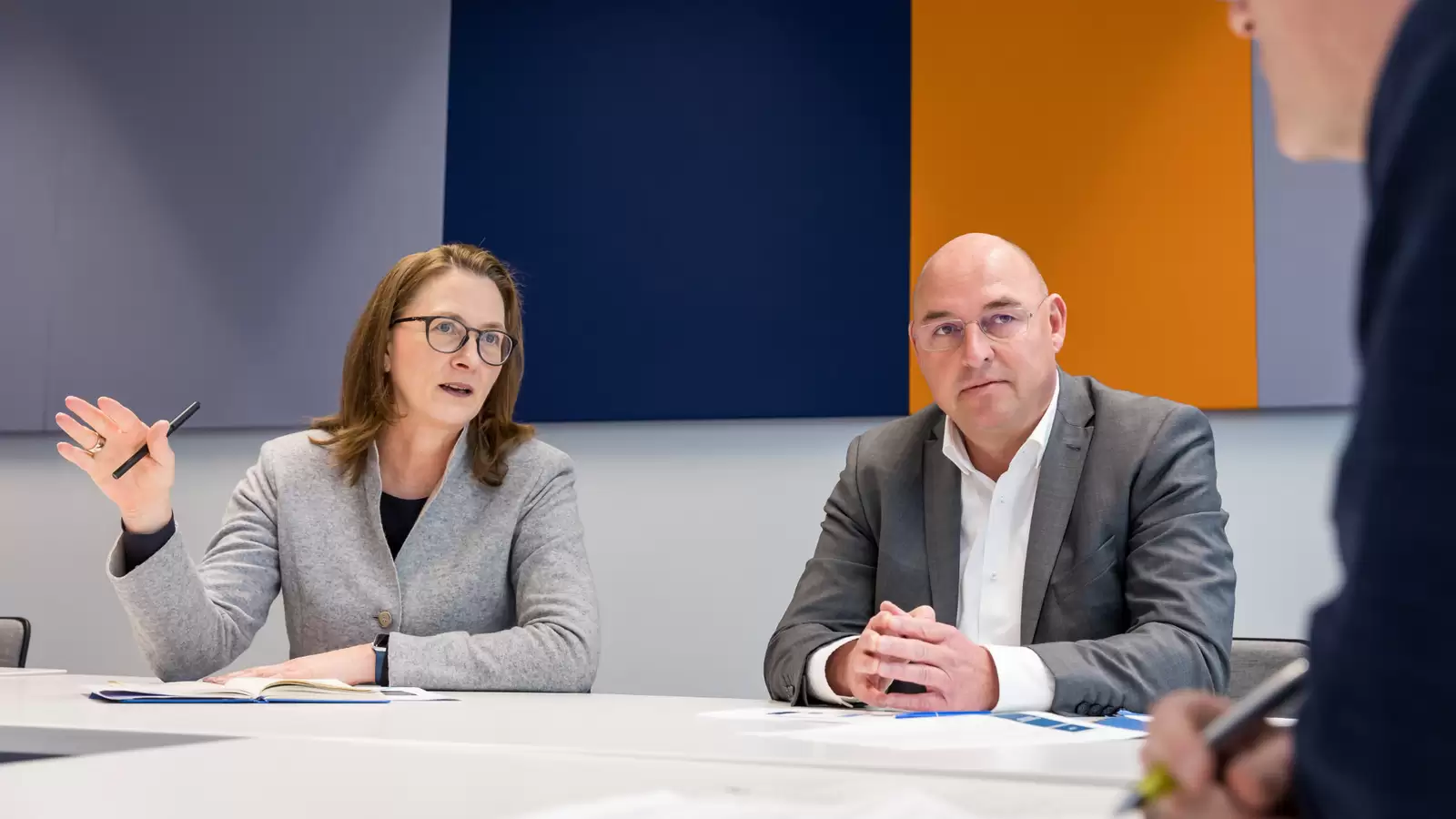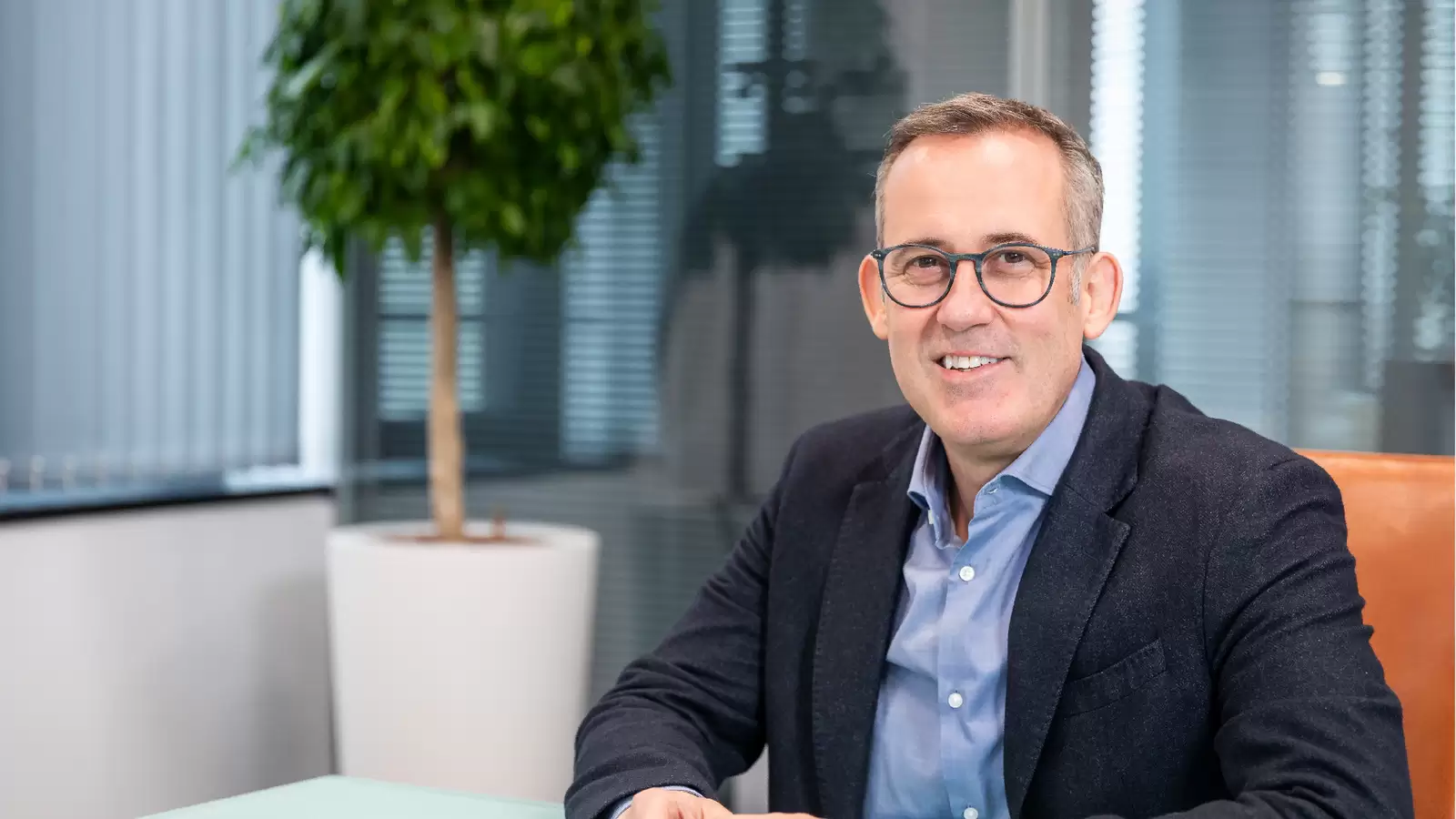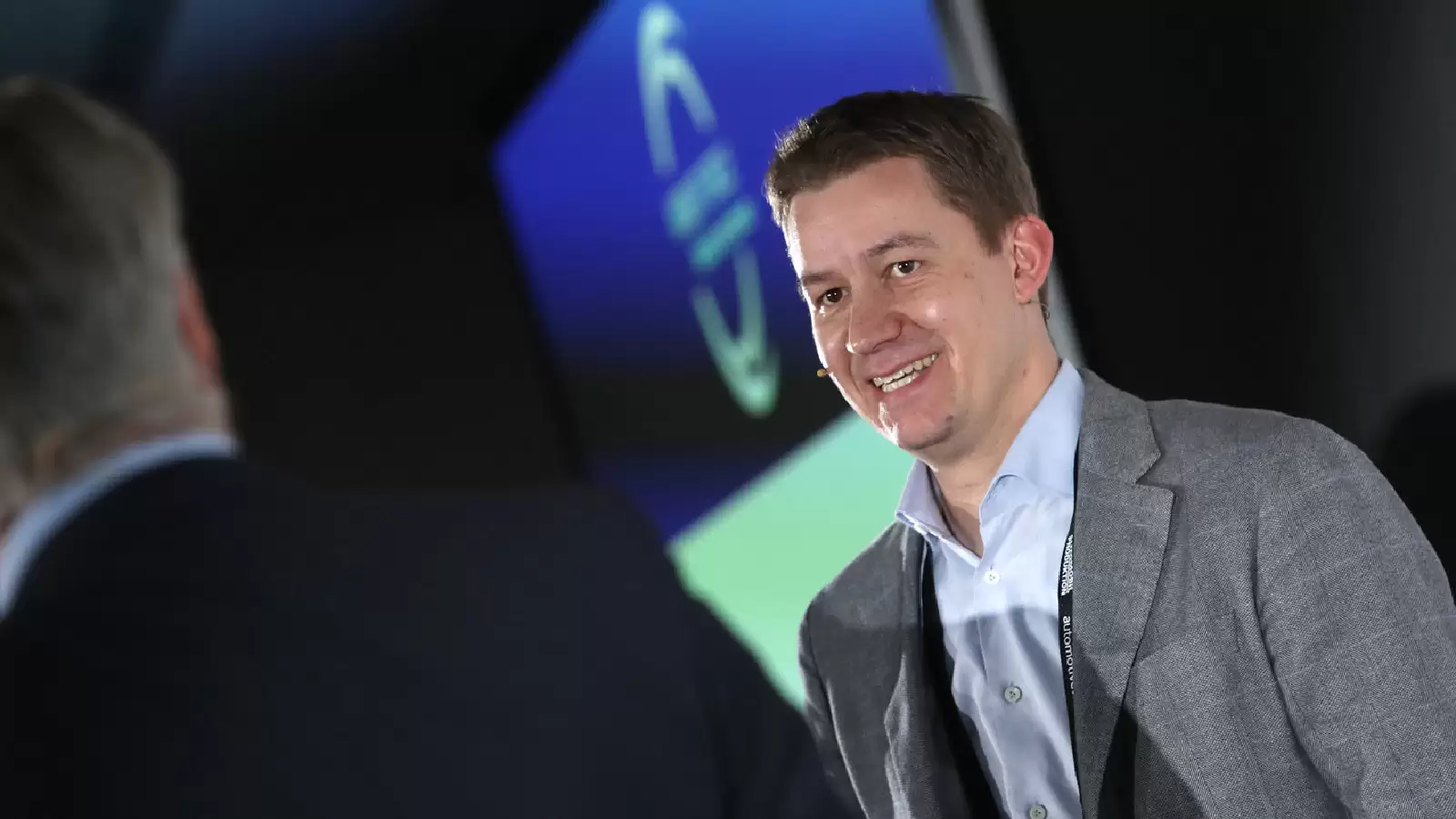For around a year now, VW FS AG has been setting an example for social responsibility and ethical conduct with its own Human Rights Officer within the framework set out by the German Supply Chain Due Diligence Act. In this interview, Markus Lemke, Legal Counsel for Antitrust Law and Human Rights Officer at VW FS AG, talks about challenges and achievements, collaboration with the various departments, and future plans and strategies to further ensure compliance with human rights within the company.
And these fundamental rights have not lost their importance to this day, on the contrary. You yourself have been working in the field of antitrust compliance for four and a half years. Compliance is rule-compliant, ethically correct behavior. Isn't the observance of human rights practically a mandatory part of this?
Yes, that's true. Nevertheless, the protection of human rights is an issue that is increasingly coming into focus. This is especially due to current political developments and the expectations of many consumers. It is also reflected in recent legislative initiatives intended to promote the protection of human rights, above all the German Act on Corporate Due Diligence Obligations in Supply Chains, or LkSG as the law is abbreviated in German. And this is also where my job comes in – to implement this Act with its wide scope of protection covering human rights and environmental issues. At VW FS AG, this gives us the possibility to monitor compliance with certain due diligence obligations. These concern the observance of human rights regarding the prohibition of child and forced labor, occupational health and safety, freedom of association and assembly, equal treatment, and fair remuneration, as well as a number of environmental obligations relevant to human health relating to our use and management of land, forest, water and waste.
We're an international company active in many markets. How openly do you talk to our colleagues around the world about respecting human rights?
Very openly – and I have to do so. To be clear, I regard – as the law stipulates – every of our global subsidiaries as part of our own business. On this issue we have to apply the same standard everywhere, and this standard is also non-negotiable according to the wording of the law.
You have been working as the Human Rights Officer for twelve months now. What do you see as the main successes achieved in this role?
One of our achievements is the recently published Policy Statement of VW FS AG on the subject of upholding human rights. Another important point to mention is the wide-ranging dialogue with our colleagues who are active in the processes in order to bring more transparency to the issue and to increase the significance of it.
In addition to the successes mentioned, what priorities have you set in your first year as Human Rights Officer at VW FS AG?
The main focus in the first year has been on introducing new structures and processes to ensure and demonstrate compliance with human rights, both internally and in our supply chain. Happily, we were unable to identify any human rights violations in the first year in our own business division, which currently includes 51 subsidiaries according to the German Supply Chain Due Diligence Act. However, there were some preliminary indications in the supplier domain, which we have followed up on and, in some cases, are still pursuing.
How is this collaboration with the various departments organized?
My main task is to monitor the risk management regarding compliance with human rights. Much of my work in the first year involved establishing the necessary structures and processes. I act as a consultant for colleagues, especially in developing cost-efficient and straightforward, yet effective implementations. The work of the specialist departments is more operationally oriented: they evaluate risk analyses and derive measures. Together, we examine how the effectiveness of these measures can be assessed and measured.
How does VW FS AG support the active participation of employees in reporting human rights violations or environmental damage?
Through our human rights training and intranet reports, we encourage our colleaguesto report any indications of abuses internally or in our supply chain. Based on my experience this year, I can confirm that such reports are dealt with efficiently and as part of a well-structured process.
You are now professionally involved with human rights. Has your perspective changed as a result, in your private life too? In addition, what motivates you each new day in your role as Human Rights Officer?
The way I see things has not changed as a result. I can't stand injustice and I'm prepared to work hard for the cause. It motivates me to know that I am not alone in this task. I work with great colleagues from various departments, including HR Compliance, Occupational Safety, Health Protection, Environmental Management, Procurement, and Compliance. It's also inspiring to see how many colleagues in different departments are developing and implementing measures.

